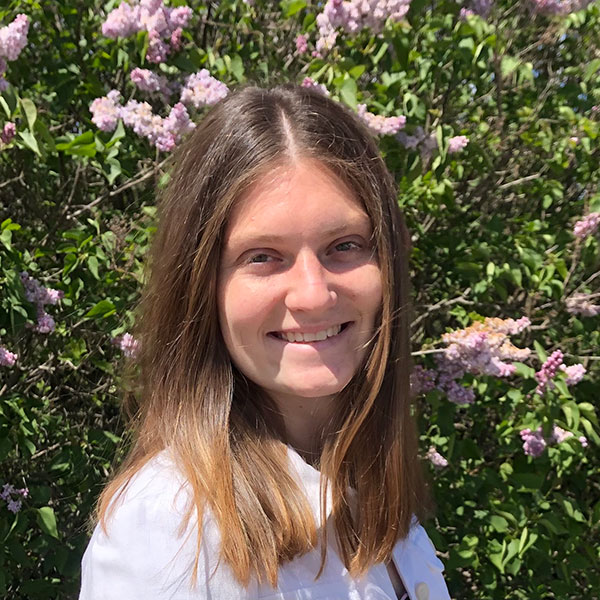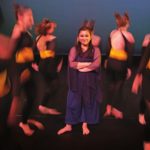
Using Machine Learning and Regression Techniques to Rank Liberal Arts Colleges on Social Mobility and the Advancement of Underrepresented Groups

Name: Melita Wiles
Majors: Physics and Mathematics
Advisors: Dr. Christina Horr, Dr. Drew Pasteur (second reader)
The purpose of higher education is to contribute to the advancement of society by graduating students of all backgrounds and providing them the skills and knowledge to be successful in life. One way colleges and universities can contribute to this purpose is to promote the goal of social mobility. The data shows that elite schools are enrolling mostly students from the highest income families. The current college ranking systems are highly weighted towards wealth, rather than social mobility and the advancement of all students. Therefore, there is a need to redirect the focus of college rankings to social mobility, not for the few but for all, especially those who have been traditionally excluded. We propose a ranking of liberal arts colleges based on their inclusion and success of underrepresented students and the social mobility of all students by using statistical and machine learning methods.
 Loading...
Loading...
Posted in Comments Enabled, Independent Study, Symposium 2022 on April 26, 2022.
11 responses to “Using Machine Learning and Regression Techniques to Rank Liberal Arts Colleges on Social Mobility and the Advancement of Underrepresented Groups”
Related Posts
Related Areas of Study
Physics
With one-on-one guidance from a faculty mentor, every physics major completes independent research in a year-long research project
Major MinorMathematics
Numbers + patterns + structures multiplied by a zest for analysis and inquiry
Major Minor


Melita, this is such interesting research. In your work did you look at the decision-making structures governing US News’ rankings and what it may take to make some of these really important changes to the metrics of the rankings?
Fascinating work – congrats on such an important project. In some rankings I’ve seen % Pell grant recipients used as a proxy for social mobility – what’s your view on this?
Best wishes –
Julia Klein ‘83
Trustee
Congratulations on completing two(!) I.S. projects, Melita! Very thought-provoking work.
Wowza! Done for & with purpose.
Melita, congratulations on this important project. Best wishes for what’s ahead in your life journey!
I am sharing this with the 12 IECs who visited recently! I know how interested they were in your work. Congratulations to you!
Hi Melita! Congratulations on 2 successful IS’s – Impressive! Were you able to figure out the variables used that would provide similar results as other well known rankings?
This is excellent work and I hope you keep working on this! I was wondering how corrected for “self-selection bias”. Many of the schools in your upper ranking are schools that have traditionally attracted low-income and minoritized groups. Because they have larger numbers of first-get students they have more robust structures and cultures of support for first generation or low income students. How would this effect your results?
Congratulations
Such an interesting and creative IS!
Fantastic work, Melita!! Congratulations